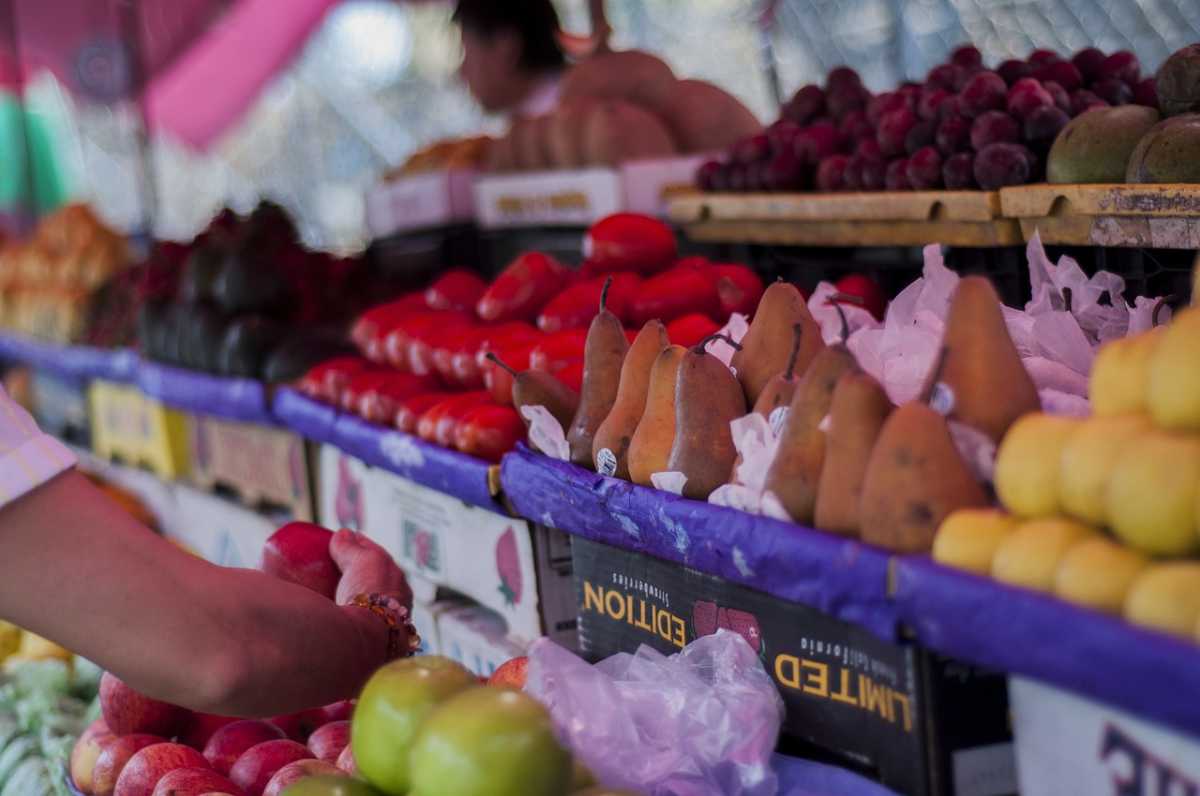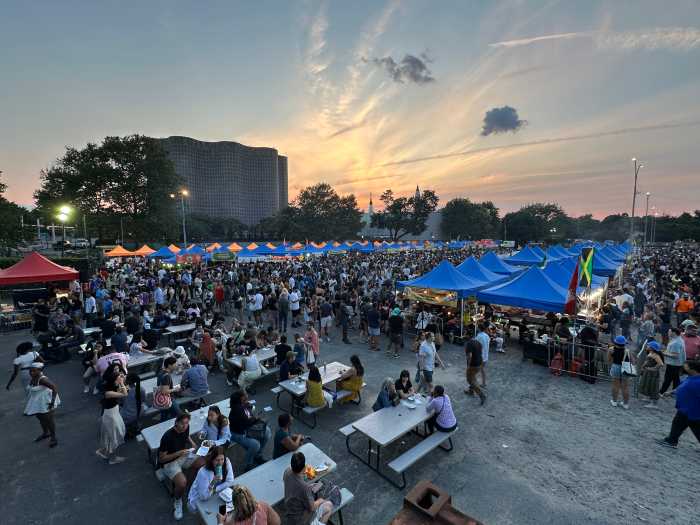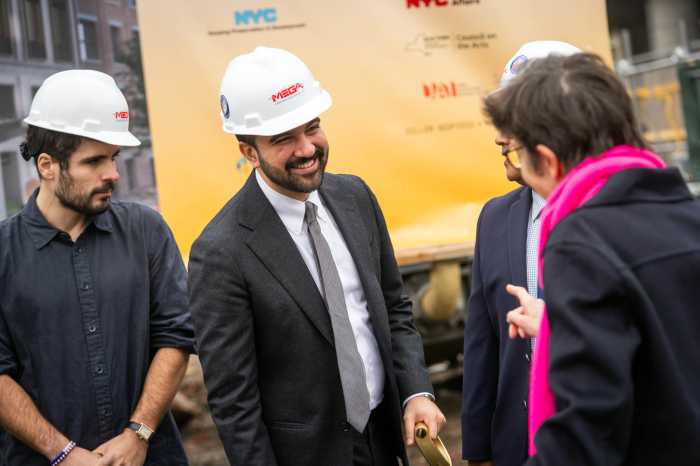Three Queens neighborhoods are being called “food swamps” because they’re rife with places selling unhealthy food sources, according to a report released on Wednesday.
Public Health Solutions, the largest public health nonprofit serving New York City, found that the large volume of food swamps in the borough resulted from the number of unhealthy food outlets outnumbering healthy alternatives. This means certain communities have limited access to healthy food choices, particularly in Jackson Heights, Corona and Jamaica.
The report found that while there is no shortage of food options in these neighborhoods, with food swamps on the rise in Queens, it exemplifies the persistent health disparities that plague underserved communities throughout the city. The lack of healthy options can impede their ability to achieve optimal health.
“This report uncovers a major gap in access to healthy food across three Queens neighborhoods, shedding light on a prevalent, yet unexplored issue,” said Lisa David, president and CEO of Public Health Solutions. “When we think about the avenues for achieving health and wellness, we don’t often take into consideration the health disparities that are built into the geographic areas in which we live. We take for granted that healthy food options — even those as basic as supermarkets — are available and accessible, but this isn’t the reality for many New Yorkers.”
The report also found that these neighborhoods had only one supermarket for every five fast-food restaurants and six corner stores. Access to healthy food is key to supporting healthy, thriving communities, and the report suggests that a possible solution could be collaborating with corner stores and other food vendors to increase their offerings of fresh produce.
Outside of food swamps, the report found that in Jackson Heights, Corona and Jamaica, there is a high volume of vacant lots and beauty salons in each neighborhood. While vacant lots are associated with high crime, the report highlights their potential to better the community, such as when they are transformed into community gardens.
Beauty salons and other personal care storefronts can also contribute to building a healthy community by distributing health information and raising awareness about public health resources.
The report overall reflects a project designed by Public Health Solutions, which is developing a stronger understanding of existing health-related services available in select Queens communities. They are also determining what additional support is needed for borough residents.
“Laying the ground work for thriving and healthy communities across New York City requires a multi-pronged approach: first, identifying and bringing awareness to local issues, and second, working with communities to develop impactful solutions,” said Sabrina Baronberg, senior director of food and nutrition programs at Public Health Solutions. “This report provides a key resource for understanding what additional public health support is needed for residents in Jackson Heights, Corona and Jamaica, and outlines ways in which we can engage with local businesses to improve health outcomes.”































